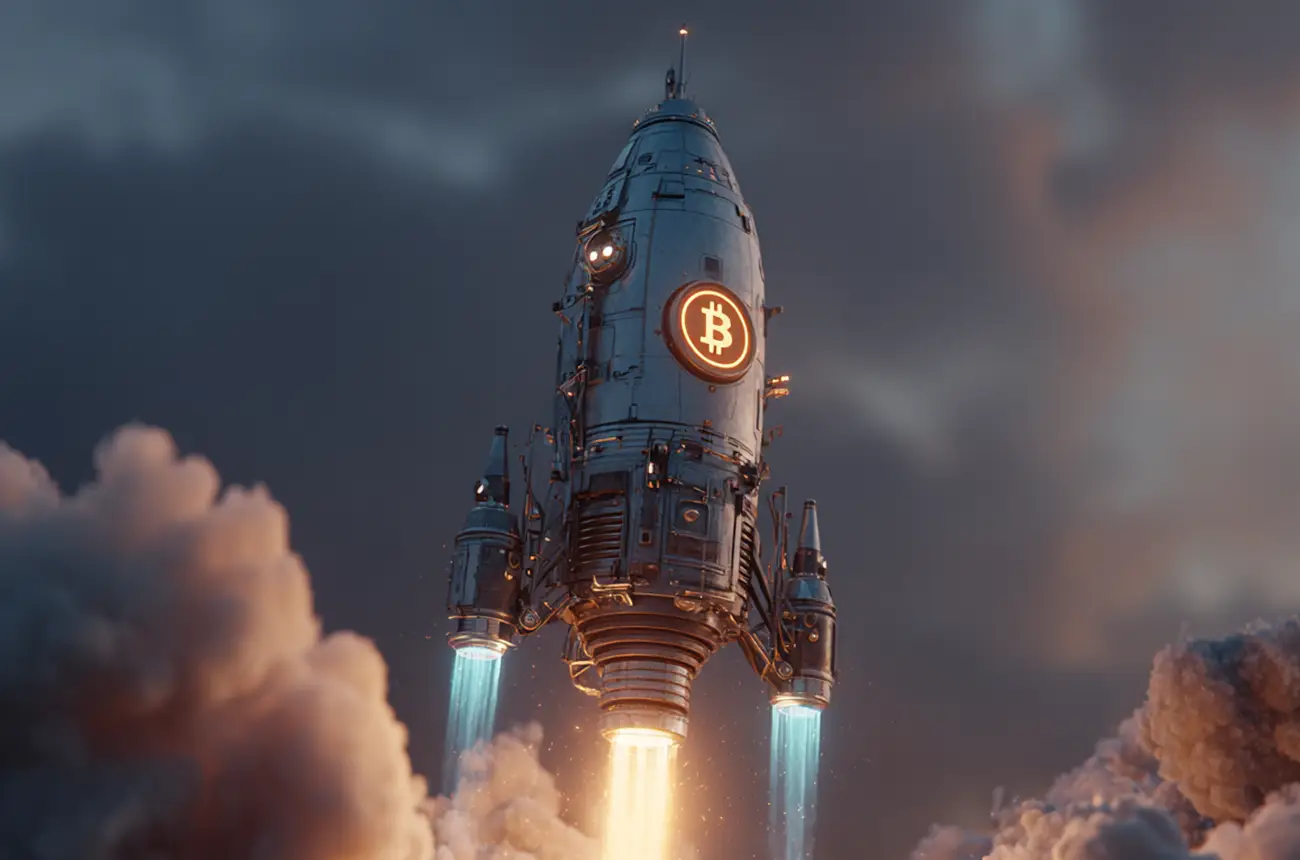The Role of Cryptocurrency in the Metaverse Economy: Why Crypto Licensing in Dubai, DIFC, and Abu Dhabi Matters
The digital economy is undergoing a historic transformation. The metaverse—an immersive network of virtual spaces where people work, play, and interact—is rapidly expanding into a trillion-dollar industry. At the center of this revolution lies cryptocurrency, powering trade, ownership, and innovation.
But beyond the buzz, there is a critical factor that businesses and investors cannot ignore: crypto licensing. Without the proper regulatory approvals, participation in this new economy can be risky, non-compliant, and ultimately unsustainable.
In the UAE, where Dubai and Abu Dhabi are leading global hubs for digital innovation, crypto licensing is carefully regulated by VARA (Virtual Assets Regulatory Authority), the Dubai International Financial Centre (DIFC), and the Abu Dhabi Global Market (ADGM). This makes the Emirates one of the most attractive yet highly regulated markets for blockchain businesses.
This article explores the role of cryptocurrency in the metaverse economy, its opportunities and risks, and why crypto licensing under VARA, DIFC, and ADGM regulations is essential for anyone aiming to participate.
1. Cryptocurrency as the Primary Currency of the Metaverse
The metaverse thrives on digital-native economies, and cryptocurrency serves as its backbone.
- Primary Method of Payment
Instead of swiping a credit card, users in Decentraland, Axie Infinity, or The Sandbox pay with tokens like MANA, AXS, or SAND. Cryptocurrencies bring borderless transactions, security, and transparency, unlike conventional payment systems. - Transactions and Trade
Content creators, developers, and users trade virtual products and services in exchange for tokens. For example, a designer might sell a virtual fashion collection in Decentraland and get paid in MANA, later converting it to Ethereum or other cryptocurrencies. - Incentives and Play-to-Earn
The play-to-earn (P2E) model has transformed gaming into a source of real income. Gamers earn cryptocurrency for achievements, which can be exchanged for fiat or reinvested in new digital assets.
By combining payments, incentives, and ownership, cryptocurrency ensures the metaverse functions as a self-sustaining economy.
2. Investing in Metaverse Cryptocurrencies
The investment potential of metaverse tokens has attracted global attention.
- Definition
Metaverse cryptocurrency refers to native tokens tied to specific projects—such as MANA (Decentraland), SAND (The Sandbox), and AXS (Axie Infinity). - Investment Potential
Investors don’t need to participate directly inside the metaverse to gain exposure. Tokens are listed on major exchanges, making it possible to trade and profit from their rising adoption. - Examples of Growth
- MANA surged by more than 110% in early 2022.
- AXS reached over $160 per token in November 2021.
- Enjin (ENJ) and Battle Infinity (IBAT) provided new avenues for gaming and NFT-driven economies.
- Top Tokens to Watch
Ethereum (ETH), Decentraland (MANA), Axie Infinity (AXS), The Sandbox (SAND), and Enjin (ENJ).
However, with high returns comes volatility, and this is where regulatory frameworks like VARA, DIFC, and ADGM provide investor confidence. Licensed exchanges and licensed crypto projects face greater scrutiny but also greater legitimacy.
3. Beyond Transactions: Functions of Cryptocurrency in the Metaverse
Crypto’s role goes beyond acting as money.
- Staking
Many metaverse platforms allow users to stake tokens, locking them to earn passive rewards and strengthen the network. - Governance
Through Decentralized Autonomous Organizations (DAOs), token holders vote on decisions, ensuring that communities—not corporations—shape the future. - Virtual Land Rental
Investors who purchase parcels of digital land in projects like Decentraland can rent them out, receiving payments in cryptocurrency.
This illustrates why crypto is not only currency—it is infrastructure, governance, and investment rolled into one.
4. Intersections with NFTs and DeFi
- NFTs (Non-Fungible Tokens)
NFTs serve as proof of ownership for digital assets—whether a plot of land, an artwork, or an in-game item. As demand rises, NFT scarcity drives value upward. - DeFi (Decentralized Finance)
DeFi protocols enable borrowing, lending, and yield farming in the metaverse economy, all using cryptocurrency as the settlement layer.
Together, NFTs and DeFi expand the metaverse beyond entertainment, creating real-world financial ecosystems.
5. Risks in the Crypto-Metaverse Investment Space
As with all new frontiers, risk is unavoidable.
- Volatility
Crypto assets can swing drastically in price, sometimes within hours. - Platform Risks
If a metaverse project collapses, investors can lose everything—even if ownership is proven on blockchain. - Fraud and Scams
Fake land sales, phishing, and Ponzi schemes plague the industry.
This is why regulatory frameworks—and particularly crypto licensing in Dubai and Abu Dhabi—are so important. Licensing provides investor safeguards, credibility, and legal recognition.
6. Why Crypto Licensing is Critical in Dubai and Abu Dhabi
The UAE has positioned itself as a global leader in cryptocurrency and virtual asset regulation. But compliance is strict.
- Dubai (VARA Regulations)
Dubai’s Virtual Assets Regulatory Authority (VARA) oversees crypto activities, from exchanges to token issuance. VARA ensures platforms meet compliance, anti-money laundering (AML), and consumer protection standards. - Dubai International Financial Centre (DIFC)
The DIFC is an independent free zone with its own regulatory framework. Crypto businesses operating within DIFC must comply with both DFSA (Dubai Financial Services Authority) rules and broader international standards. - Abu Dhabi (ADGM Regulations)
The Abu Dhabi Global Market (ADGM) is another leading hub with comprehensive rules for digital asset businesses. It focuses heavily on custody, trading, and compliance controls to protect both institutional and retail investors.
Without following VARA, DIFC, and ADGM frameworks, companies risk non-compliance, fines, and potential bans from operating. With proper crypto licensing, however, firms gain:
- Global credibility
- Access to institutional capital
- Investor trust
- Legal protection
For any serious business entering the metaverse, obtaining a crypto license in Dubai or Abu Dhabi is not optional—it’s essential.
7. SecureVisa Group: Your Partner in Crypto Licensing and Compliance
Navigating this complex web of regulations requires expertise. That’s where SVG comes in.
At SecureVisaNow, we help:
- Startups launching crypto tokens.
- Enterprises building NFT platforms.
- Investors buying and trading digital assets.
- Companies seeking VARA, DIFC, or ADGM crypto licenses.
Our specialists simplify the licensing process, ensuring your business is fully compliant with UAE laws. Whether you’re setting up in Dubai or Abu Dhabi, our team provides step-by-step guidance.
📅 Ready to get started?
👉 Schedule consultation today.
Steps to Obtain a Crypto License in the UAE
If you are planning to operate in Dubai, DIFC, or Abu Dhabi, understanding the steps to obtain a crypto license in the UAE is essential:
- Choose Your Jurisdiction – Decide whether your business will be based in Dubai under VARA, within DIFC, or in Abu Dhabi ADGM.
- Prepare Documentation – Draft business plans, AML/KYC frameworks, and compliance policies that meet local crypto license requirements in the UAE.
- Submit Application – File with the appropriate authority (VARA, DFSA within DIFC, or ADGM).
- Pay Fees & Costs – The cost of a crypto license in Dubai or Abu Dhabi varies depending on company size and scope of services.
- Receive Approval – Once compliance checks are passed, your license grants legal recognition and credibility.
Metaverse and Licensing in Dubai
As the UAE embraces Web3, there is growing demand for a metaverse crypto license — especially for businesses creating NFT platforms, digital land, or gaming tokens. For international investors, metaverse cryptocurrency in Dubai represents a regulated path to build, trade, and scale in a secure digital economy.
SecureVisa Group: Dubai License Services
At SecureVisaNow, we don’t just advise — we provide full Dubai license services for entrepreneurs and enterprises. From setting up entities to securing your crypto licensing approvals in DIFC and ADGM, our team ensures every requirement is handled with speed and compliance.
Conclusion: The Future of Cryptocurrency and Licensing in the Metaverse
The metaverse economy is still evolving, but one fact is clear: cryptocurrency is its lifeblood. It powers payments, ownership, governance, and financial innovation. Yet with this new opportunity comes risk—and responsibility.
For businesses and investors in the UAE, success begins with compliance. VARA in Dubai, DIFC regulations, and ADGM in Abu Dhabi are setting global standards for crypto licensing. Aligning with these frameworks not only protects your business but also gives you the credibility to thrive in the digital economy.
The future belongs to those who are prepared. Partner with experts, secure your license, and enter the metaverse economy with confidence.
👉 Take your next step now: Book your consultation with SecureVisaNow

